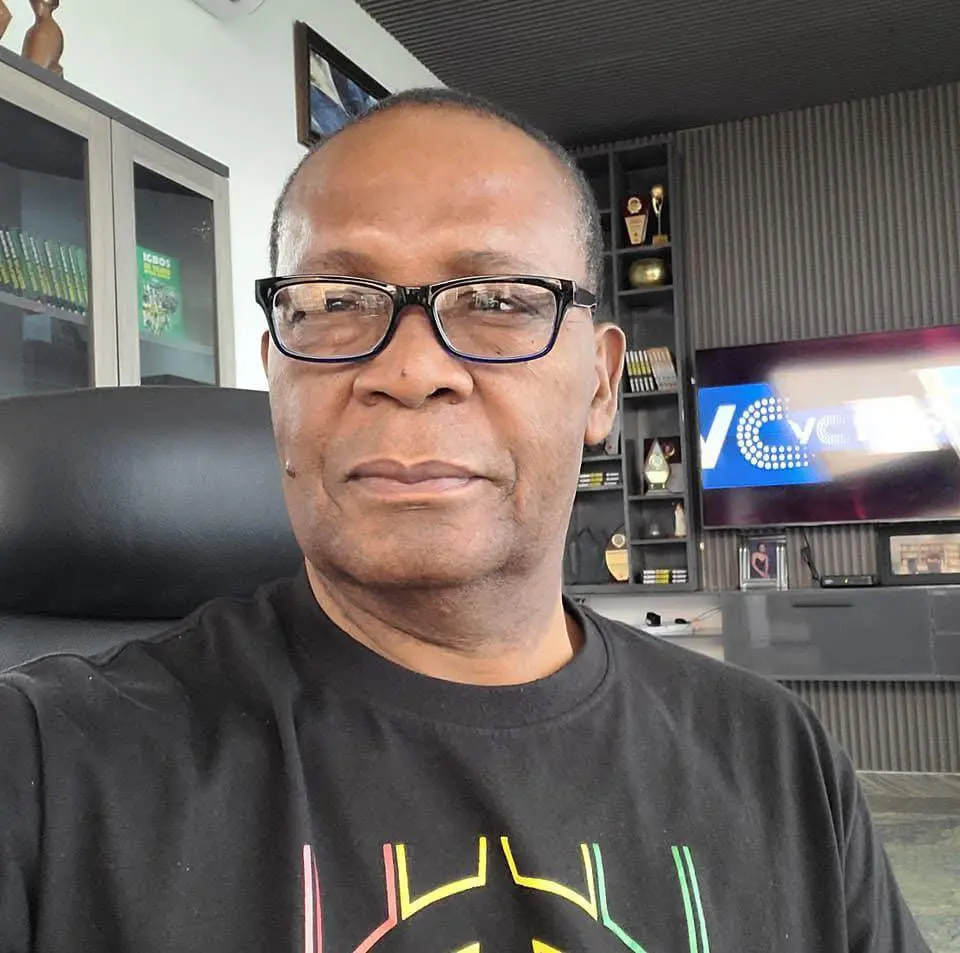A prominent Nigerian political figure has accused elected officials in the country’s southeastern region of fueling a prolonged security crisis to manipulate electoral outcomes and consolidate power. Joe Igbokwe, a former adviser to Lagos State Governor Babajide Sanwo-Olu and a senior member of the ruling All Progressives Congress (APC), alleged in a recent social media post that politicians have systematically orchestrated violence through armed groups to advance their interests since 2015.
Igbokwe’s claims, shared on Facebook, directly connect the escalating bloodshed in the South-East to what he describes as a politically motivated strategy. He asserted that regional leaders finance and deploy these armed groups—often linked to kidnappings, killings, and territorial disputes—to intimidate rivals, seize property, and even serve as personal security during elections. “They pay them,” he wrote, emphasizing the transactional nature of the alleged arrangement. The South-East, comprising states such as Anambra, Imo, and Enugu, has seen a sharp rise in attacks targeting civilians and security forces in recent months, with daily reports of abductions and fatalities deepening public anxiety.
While Igbokwe did not name specific individuals or parties, his remarks spotlight simmering tensions over governance and electoral integrity in a region historically marked by separatist agitation and mistrust of federal authority. The APC chieftain’s decision to publicly attribute blame to fellow politicians underscores the complex interplay of crime and politics in Nigeria’s volatile security landscape. Analysts note that allegations of armed groups being weaponized for electoral advantage have surfaced in other parts of the country, though such claims remain difficult to independently verify.
The federal government has repeatedly pledged to address insecurity nationwide, deploying military operations and regional security initiatives. However, critics argue that systemic corruption and weak law enforcement enable armed factions to operate with impunity. Local media have documented cases of communities forming vigilante groups in response to the violence, further complicating efforts to restore order.
Igbokwe’s allegations arrive amid heightened scrutiny of Nigeria’s preparedness for the 2027 general elections, with watchdogs urging tighter safeguards against voter coercion. Neither officials in the South-East nor representatives of the APC’s political opponents have publicly responded to his accusations. The claims, while unproven, amplify concerns that instability in the region risks undermining democratic processes and deepening humanitarian crises. For now, residents grapple with the human toll of a conflict that shows no signs of abating, even as its root causes remain mired in contention.
